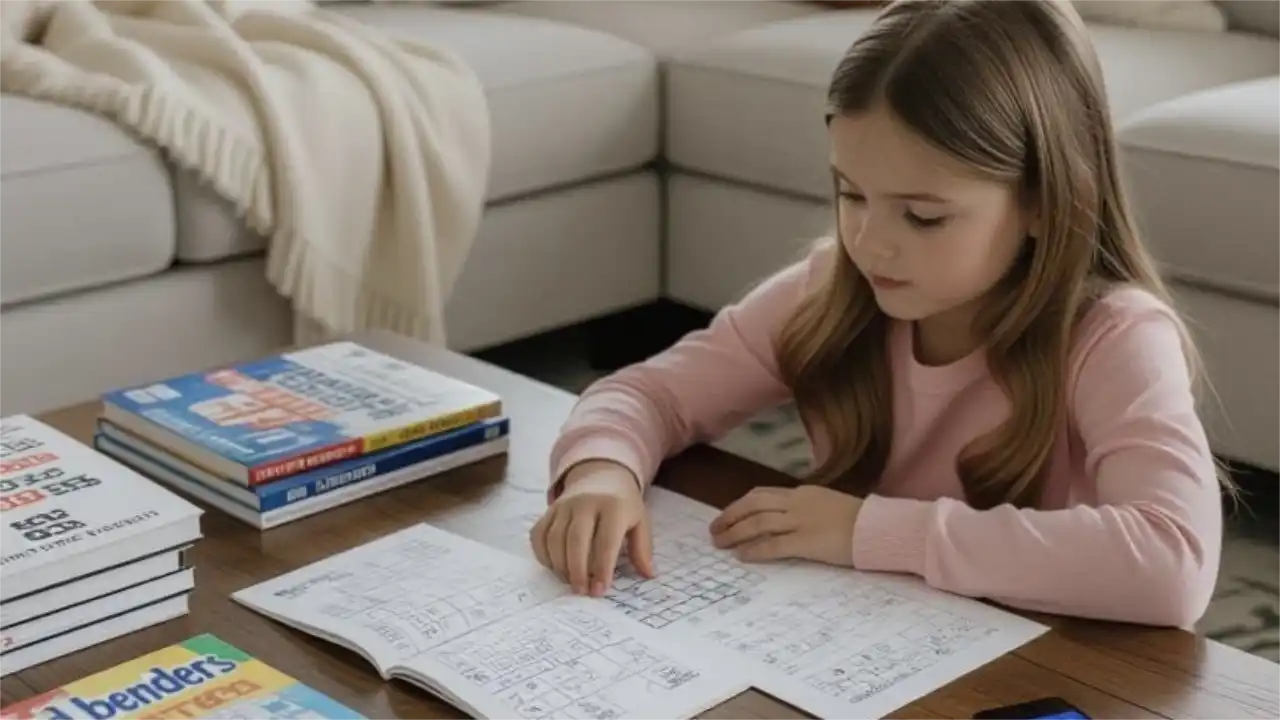
Strategic Problem-Solving: Solve Problems with Clues
R
iddles present children with the perfect opportunity to struggle in a low-stakes environment, developing patience, critical thinking, and perseverance. Yet many give up quickly when answers don’t come easily, missing the chance to stretch their minds. Teaching them to ask, “What do the clues suggest?” encourages persistence and methodical reasoning — skills that strengthen their ability to tackle complex problems in academics, careers, and life.
One afternoon, my daughter faced a brain teaser involving a hidden object. After a few guesses, she slumped in frustration. Rather than offering hints, I asked her to list what she knew for certain from the clues. Slowly, she pieced together the information, narrowed her options, and solved it herself. Her triumph was greater because the struggle had been real, and the methodical approach became a habit she later used in math and writing.
Make riddles a weekly tradition. Pick puzzles appropriate for your child’s age — picture riddles for younger children, logic puzzles for teens. Encourage them to list three possibilities before choosing their final answer, sketching or writing out their thinking process. Celebrate the effort as much as the solution. Puzzle books like “Mind Benders” or apps like “Logic Light” keep the material fresh and challenging. Through regular play, children learn that persistence and structure often lead to the deepest satisfaction — a lesson that extends well beyond games.
Strategic Problem-Solving
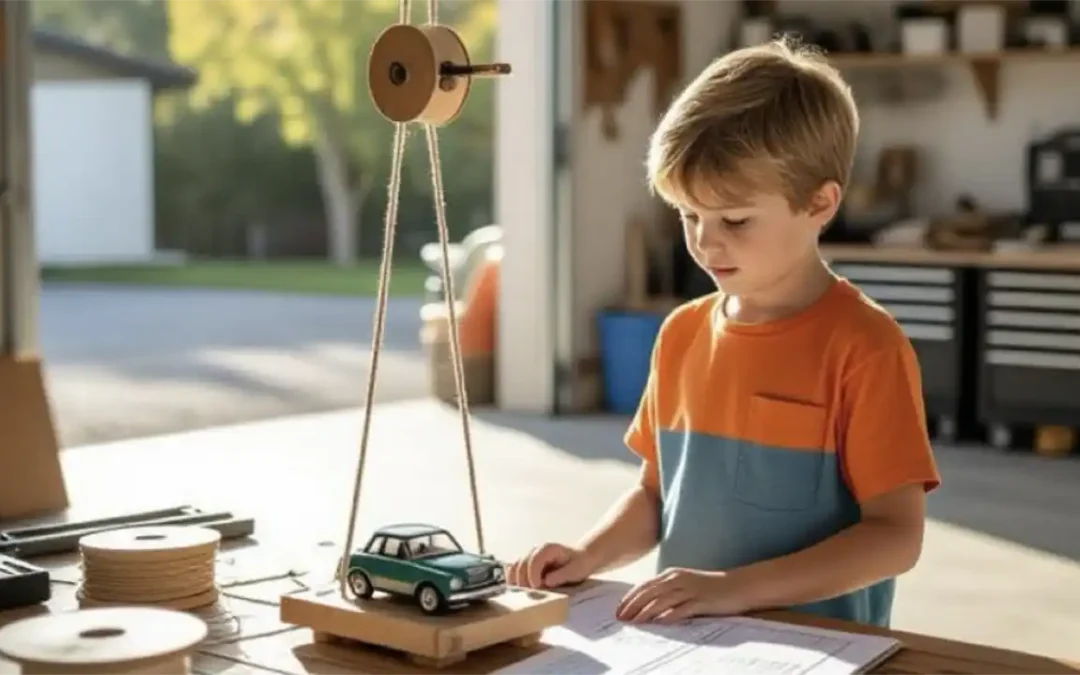
Strategic Problem-Solving: Think It Through Before You Act
Teach children to pause and reflect before responding. This supports emotional regulation, patience, and thoughtful choices.

Strategic Problem-Solving: Strengthen Sustained Attention
Focus grows through practice. Use gentle routines to help children develop concentration and stay engaged without stress.
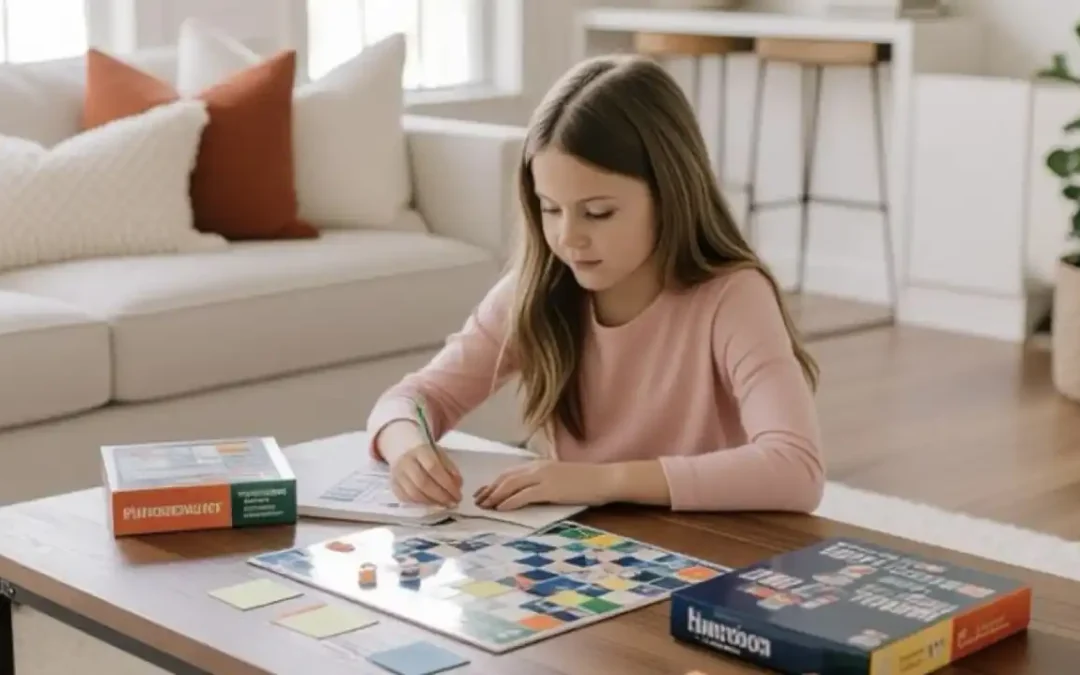
Strategic Problem-Solving: Plan Ahead
Planning helps children manage time, emotions, and goals. Learn how to encourage simple planning habits that grow into lifelong strengths.
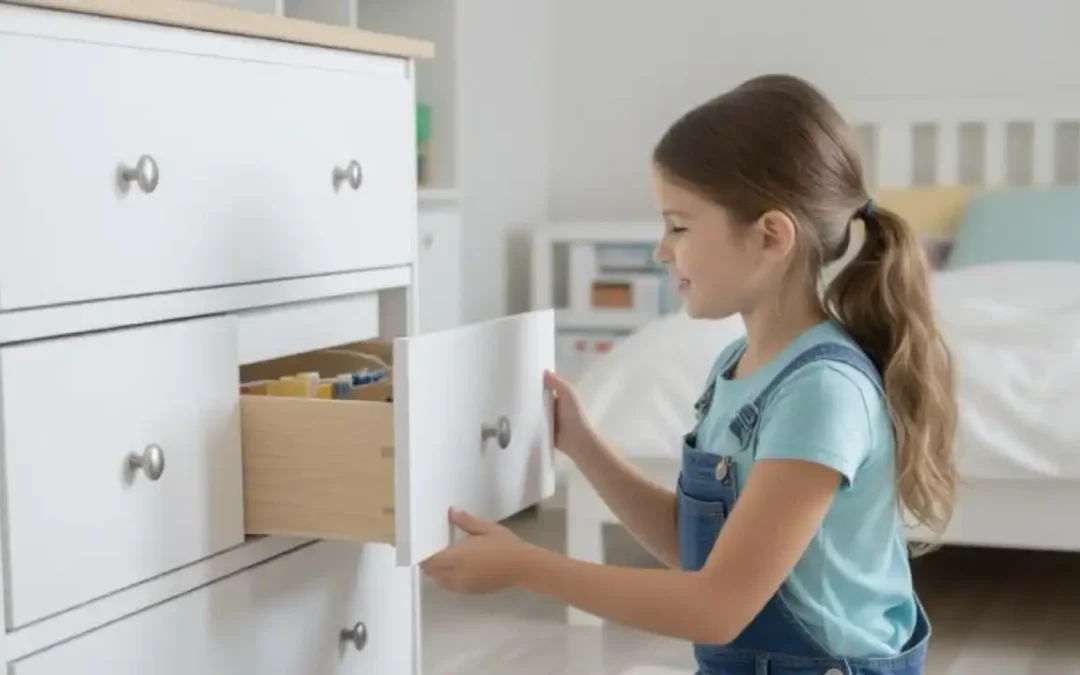
Strategic Problem-Solving: Invent New Solutions When Stuck
Encourage creativity when challenges arise. Children learn flexibility and resilience by trying new approaches when the first attempt doesn’t work.
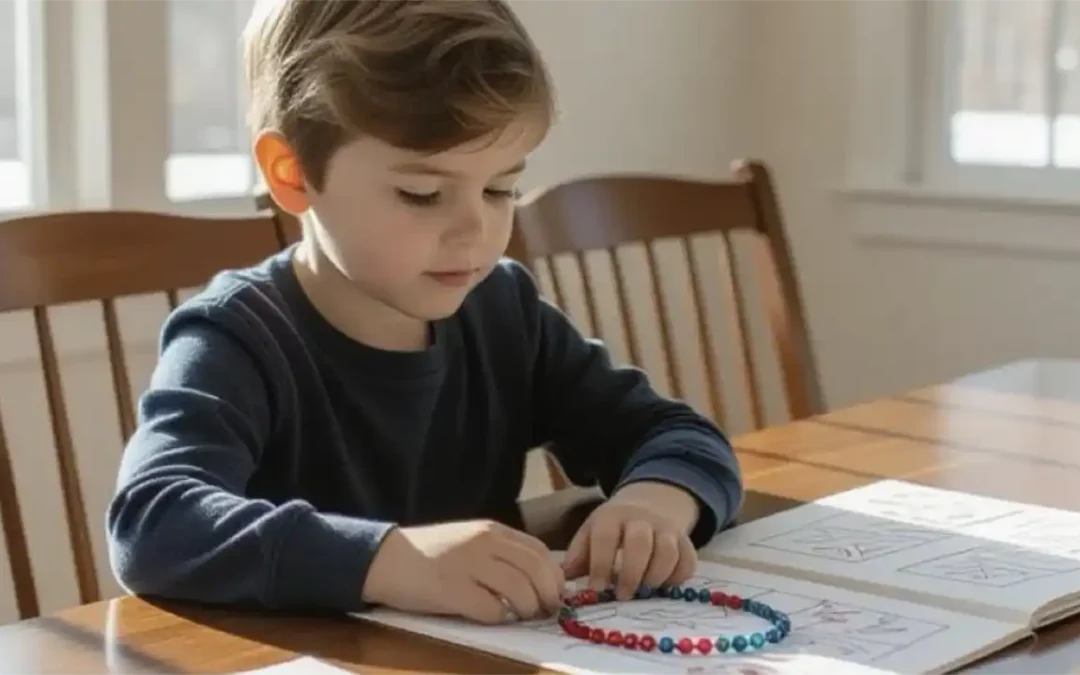
Strategic Problem-Solving: Recognize and Extend Patterns
Patterns help children understand math, language, and nature. Spotting patterns builds prediction, memory, and reasoning skills.
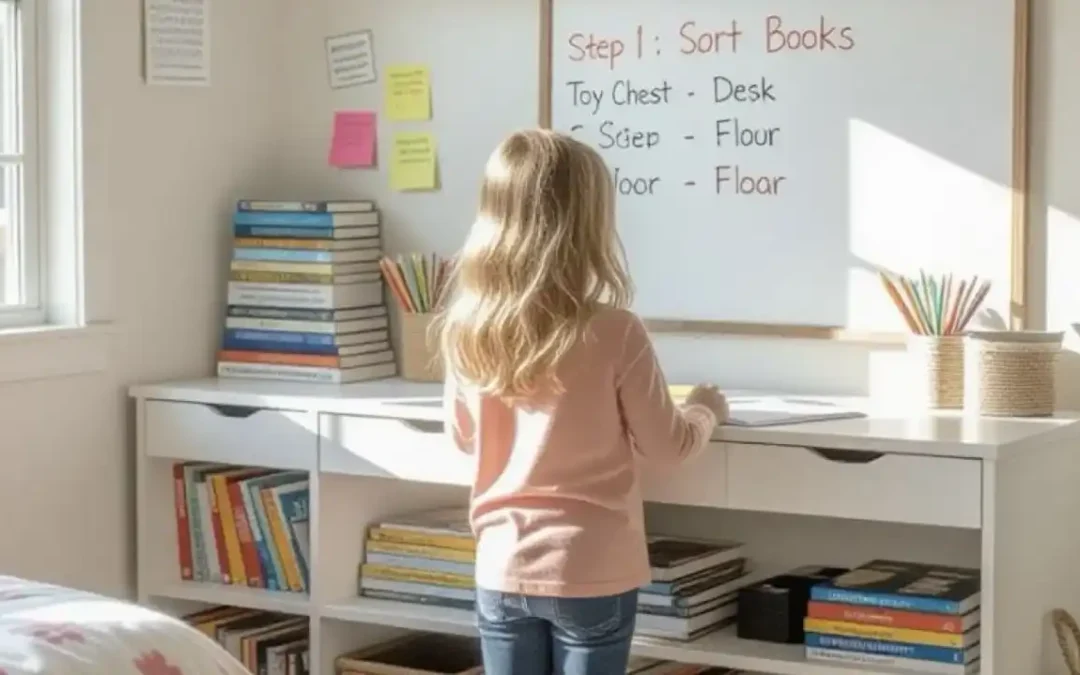
Strategic Problem-Solving: Break Big Problems Into Steps
Help children approach challenges by dividing them into manageable pieces. This builds patience, logical thinking, and success over time.
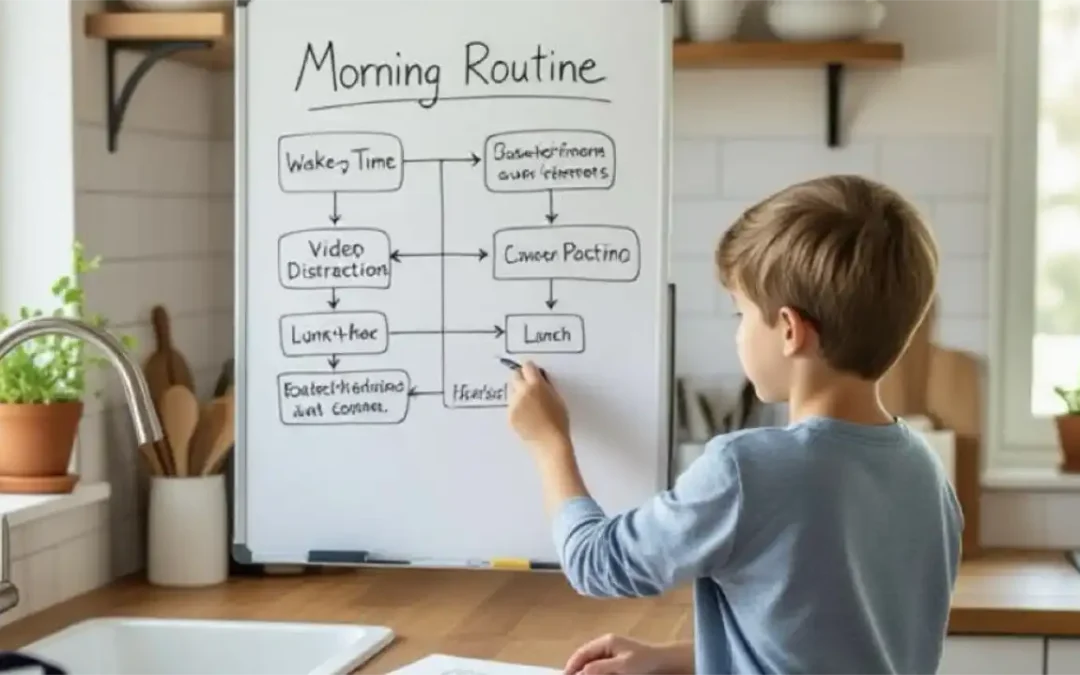
Strategic Problem-Solving: Think in Systems
Show children how parts connect within a whole. Systems thinking encourages clarity, planning, and thoughtful decision-making.
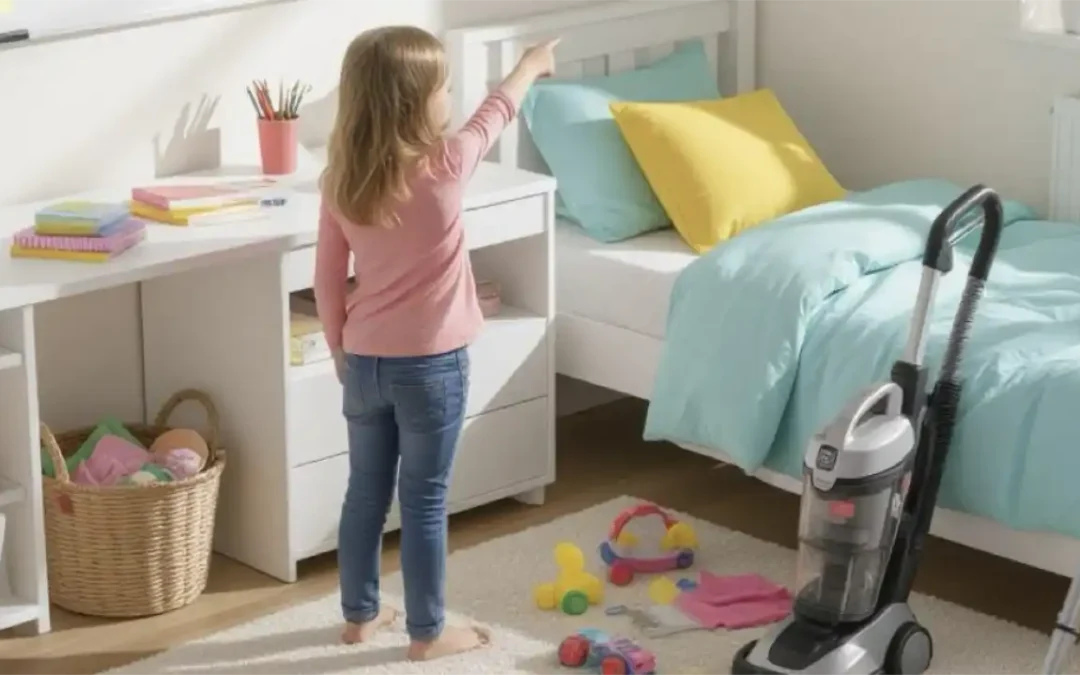
Strategic Problem-Solving: Sequence Complex Tasks Effectively
Teach children to break big tasks into simple steps. Sequencing builds problem-solving skills, independence, and confidence.
Table of contents

Primordial Soup for the Mind: Navigation
Navigate the book Primordial Soup for the Mind.
TIPS
- Ask “What clues do we have?” to guide logic
- Encourage multiple guesses and rule-outs
- Show that frustration means the mind is stretching
- Celebrate perseverance more than speed
- Keep puzzles fresh to maintain engagement
ACTIVITIES
- Riddle Round: Solve one logic riddle or lateral-thinking puzzle together — 10 min
- Clue Match: Read a riddle or brain teaser aloud, underline 2 key clues, test one guess — 10 min
- Visual Mystery: Use picture-based puzzles (spot the difference, hidden object) — 10 min
TOOLS
Mind Benders book, logic puzzles, Riddle Me app

Download “Primordial Soup for the Mind: A Parent’s Guide to Nurturing Intellectual Growth”
Enter your information to get this article and hundreds more as part of the FREE book Primordial Soup for the Mind.
Share your thoughts with the Thought Academy community in the Comments section below.

Sharpen those skills!
Enter your information to get our FREE practice exercises so you can hone your critical thinking and reasoning skills!



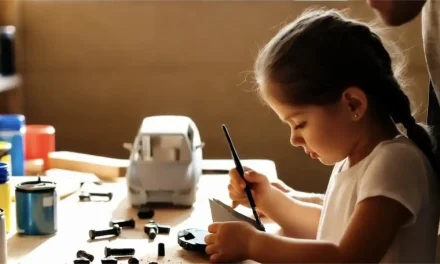
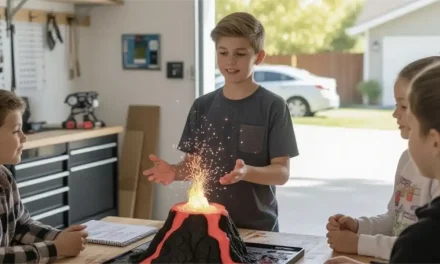

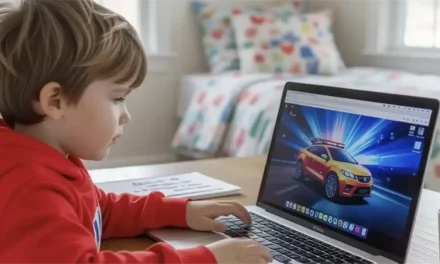
0 Comments